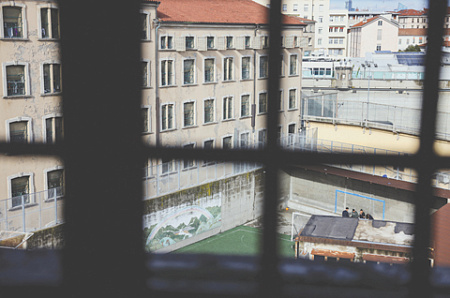
The Italian government has approved a sweeping package of reforms aimed at tackling a severe crisis in its prison system, plagued by chronic overcrowding and an alarmingly high suicide rate. The dual-strategy plan, spearheaded by Prime Minister Giorgia Meloni’s administration, involves a massive construction project to create more space while simultaneously seeking to reduce the inmate population by diverting individuals with substance abuse issues to therapeutic communities and speeding up early release procedures.
The urgency of the reform is underscored by stark statistics. Italy’s prisons currently hold nearly 63,000 inmates in facilities designed for just over 47,000, creating a desperate shortfall of 15,000 places. This intense overcrowding has contributed to a devastating human cost, with the suicide rate among prisoners at 15 per 10,000 inmates—double the European average, according to the Council of Europe. The year 2024 saw a record number of at least 91 suicides, a tragic figure highlighted in a recent report by the Antigone association.
To address the capacity issue, the government has allocated an initial €750 million for a plan to add 10,000 new prison places by 2027 and a further 5,000 by 2030. The project includes expanding existing structures, constructing new buildings, and implementing a controversial measure of using “container cells” on prison grounds, which has already drawn sharp criticism from opposition lawmakers. Prime Minister Meloni defended the expansion, stating that “a just state must adapt prison capacity to the number of people who must serve their sentence,” arguing it will finally ensure the “certainty of punishment,” a situation often undermined by the lack of space.
A cornerstone of the reform is a bill designed to lower the prison population by creating an alternative path for individuals convicted of crimes related to drug or alcohol addiction. These inmates, who constitute nearly 32% of the prison population and are serving sentences of up to eight years for non-violent offenses, could be moved to therapeutic communities under strict police supervision. Justice Minister Carlo Nordio framed this as treating people who “need to be treated, not criminals,” while maintaining security. However, this proposal is a revival of a previously stalled initiative and is expected to face a long and difficult debate in parliament.
The government also aims to accelerate the early release process for an estimated 10,000 inmates who are nearing the end of their sentences, have demonstrated good behavior, and are participating in rehabilitation programs. This measure seeks to clear a significant backlog in the justice system where applications for parole often languish for extended periods. While the decree for prison construction is already in effect, it requires parliamentary approval within 60 days to become permanent law, and the associated bills for population reduction face an uncertain political journey, marking the beginning of a complex and ambitious attempt to overhaul Italy’s troubled penitentiary system.
